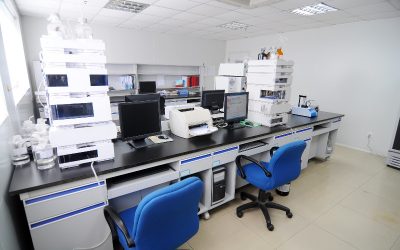Mycorrhizal fungi are symbiotic fungi that form a mutualistic relationship with the roots of plants. They colonize and grow around a plant’s root system, providing it with increased access to water, nutrients and minerals in exchange for photosynthetic carbohydrates produced by the plant. Mycorrhizal fungi are especially important in arid or semi-arid environments. The following are types of mycorrhiza.
1. Rhizobium Leguminosarum
Rhizobium leguminosarum is found in most of the arid and semi-arid regions of Israel. This fungus forms a symbiotic relationship with legumes, such as peas and beans, by helping them to fix nitrogen from the air into the soil. The fixed nitrogen is then available to other plants growing nearby. Rhizobium leguminosarum also helps to protect the plants’ roots from pathogenic fungi and other organisms.
2. Arbuscular Mycorrhiza
Arbuscular mycorrhiza is a fungus that colonizes plants’ root systems, enhancing their ability to absorb nutrients and minerals from the soil. This particular fungus is found in most soils throughout Israel and helps to improve plant growth by providing minerals such as phosphorus, copper, zinc, iron and manganese.
3. Endomycorrhizal Fungi
This fungus helps to improve the uptake of nutrients from the soil by forming a sheath of fungal hyphae around the plant’s roots. Endomycorrhizal fungi also help to protect the plant against diseases and improve its resilience in dry climates.
Improve your Farm Yields
Mycorrhizal fungi can help to improve the yield of crops on farms. They provide increased access to nutrients and minerals and protection against soil-borne diseases. Introducing mycorrhizal fungi into your agricultural system can increase yields, reduce input costs and improve overall soil health. Visit DYNOMYCO to get started on improving your farm yields today.









